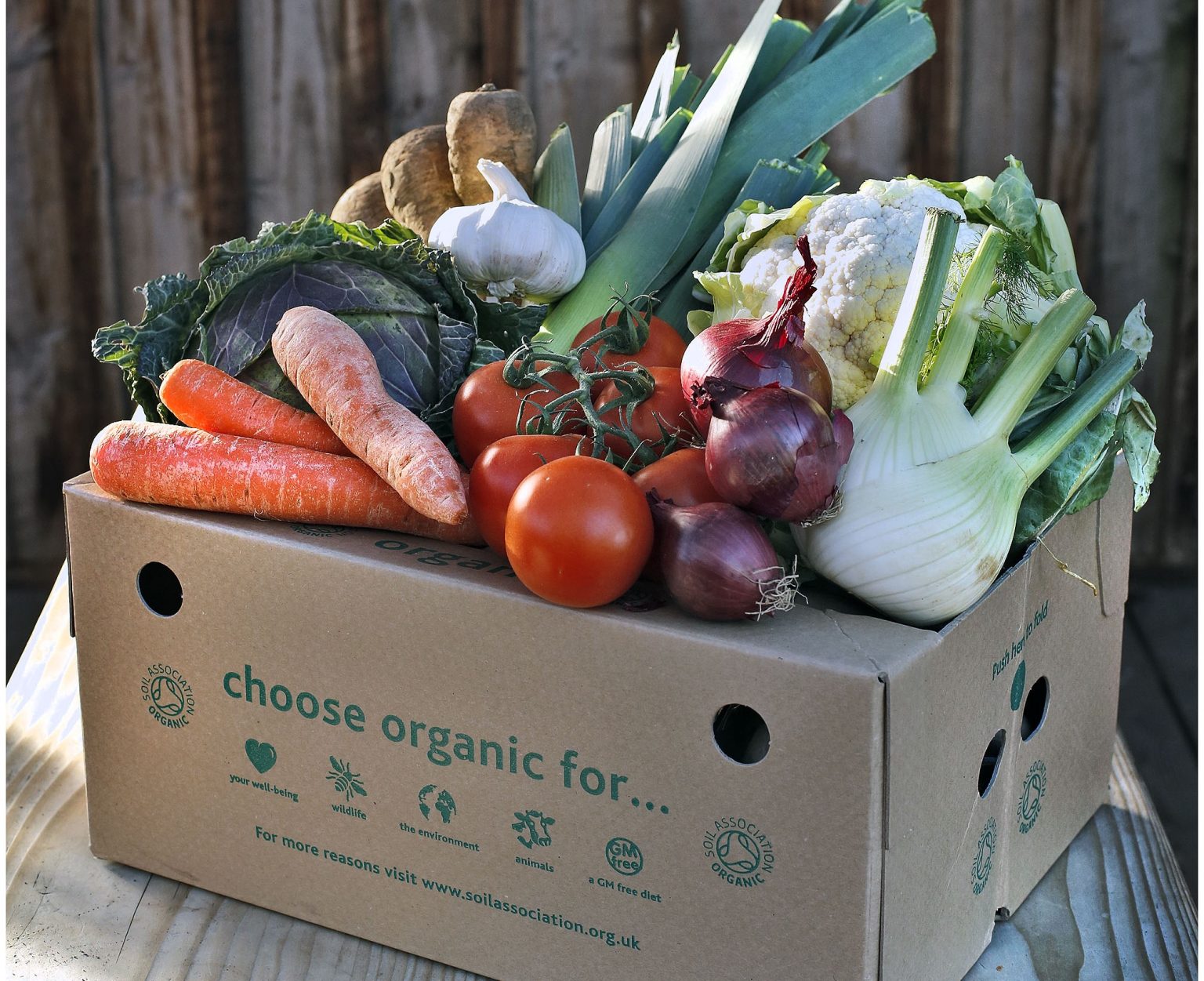The government should aim for 10% of farmland in England to be organic to deliver on climate and nature goals, ensure food security and meet consumer demand, according to wildlife and environment groups.
Greenpeace, RSPB, The Wildlife Trusts, National Trust, River Action and Wildlife and Countryside Link are among 13 groups who have signed the Soil Association’s open letter to Farming Minister Daniel Zeichner.
Launching in the same week that a UN report called for fundamental change to farming systems, the alliance calls for an Organic Action Plan to be devised and delivered with strategies to boost production and consumption of organic and make it more access
The letter highlights how England has fallen behind Scotland, Ireland and the EU where farming policy recognises the environmental benefits of organic farms, which have 30 per cent more biodiversity on average than conventional farms.
Government should act on the “failings” of previous governments that allowed organic farmland in England to shrink despite booming demand for organic food and drink in the UK, the letter says.
Soil Association Policy Director Brendan Costelloe said: “We know that farmers want to work more with nature, but many are stuck in a system that causes harm to our rivers, wildlife, air quality and climate. But organic offers key solutions for driving real positive change.
“The evidence is clear that organic delivers for climate and nature with resilient systems based on healthy soils and nature-based practices that do not depend on harmful, fossil-fuel based chemicals. We need to increase the availability of food produced in this way to help make it more affordable.
“Government intervention is desperately needed to back healthy and sustainable diets with fairer and shorter supply chains that incentivise nature-friendly farmers and makes sustainable food accessible to everyone.
“An action plan with a 10% farmland target for organic to drive this work forward would deliver significant benefits to the environment, public health, and the resilience of farm businesses.”
Organic Action Plan needed to deliver the gold standard for sustainable farming
The open letter calling for an Organic Action Plan comes with a policy briefing written by the Soil Association and endorsed by the wider group.
This sets out how organic is the “gold standard for sustainable farming” and can support in adapting to climate change and delivering healthier soils resilient to drought and flooding.
It also details how organic farming can help government to meet its targets on biodiversity, river health, and pesticide reduction.
Also acknowledging the role of organic in delivering high animal welfare, the letter to the minister has been signed by: Wildlife and Countryside Link, Greenpeace, The Wildlife Trusts, National Trust, Sustain, Compassion in World Farming UK, British Dragonfly Society, Bat Conservation Trust, Organic Farmers & Growers, Buglife, River Action, ClientEarth and the RSPB.
Richard Benwell, CEO of Wildlife and Countryside Link, said: “Reducing the use of pesticides and artificial fertilisers is an essential part of the transition to wildlife-friendly farming. Organic systems have an important role to play, alongside other regenerative farming models. Organic farming is less costly on the earth, but UK organic is still viewed as an expensive, premium approach. The government should work with farmers to catch up with other countries to grow more food organically, giving more consumers the chance to choose healthy, nature-friendly products.”
Government targets across the UK and Europe
Labour’s former Organic Action Plan led to a peak in organic farmland in England in 2008 – but this has now fallen by around 30% to just 3% of farmland, and has remained largely static for several years.
This is despite growing demand for organic food and drink, which has been steadily rising for more than a decade with the market now worth £3.2bn and most – 59% – of supermarket shoppers regularly buying organic*.
This heavy reliance on imports to meet demand means farmers are missing out on potential business benefits while the landscape misses out on the environmental benefits that organic can deliver, the Soil Association warns.
The open letter from environment groups urges Westminster to follow the example in other countries.
In the EU there is a target to increase organic farmland to 25% by 2030, leading to an organic strategy in Ireland that saw organic farmland rise from 1.6% to 5% between 2020 and 2023.
Scotland also has a target to double its organic farmland which has led to a boost in conversion applications over the last year.
The open letter warns that a failure to follow suit means England risks “becoming an outlier” within the UK and Ireland.



